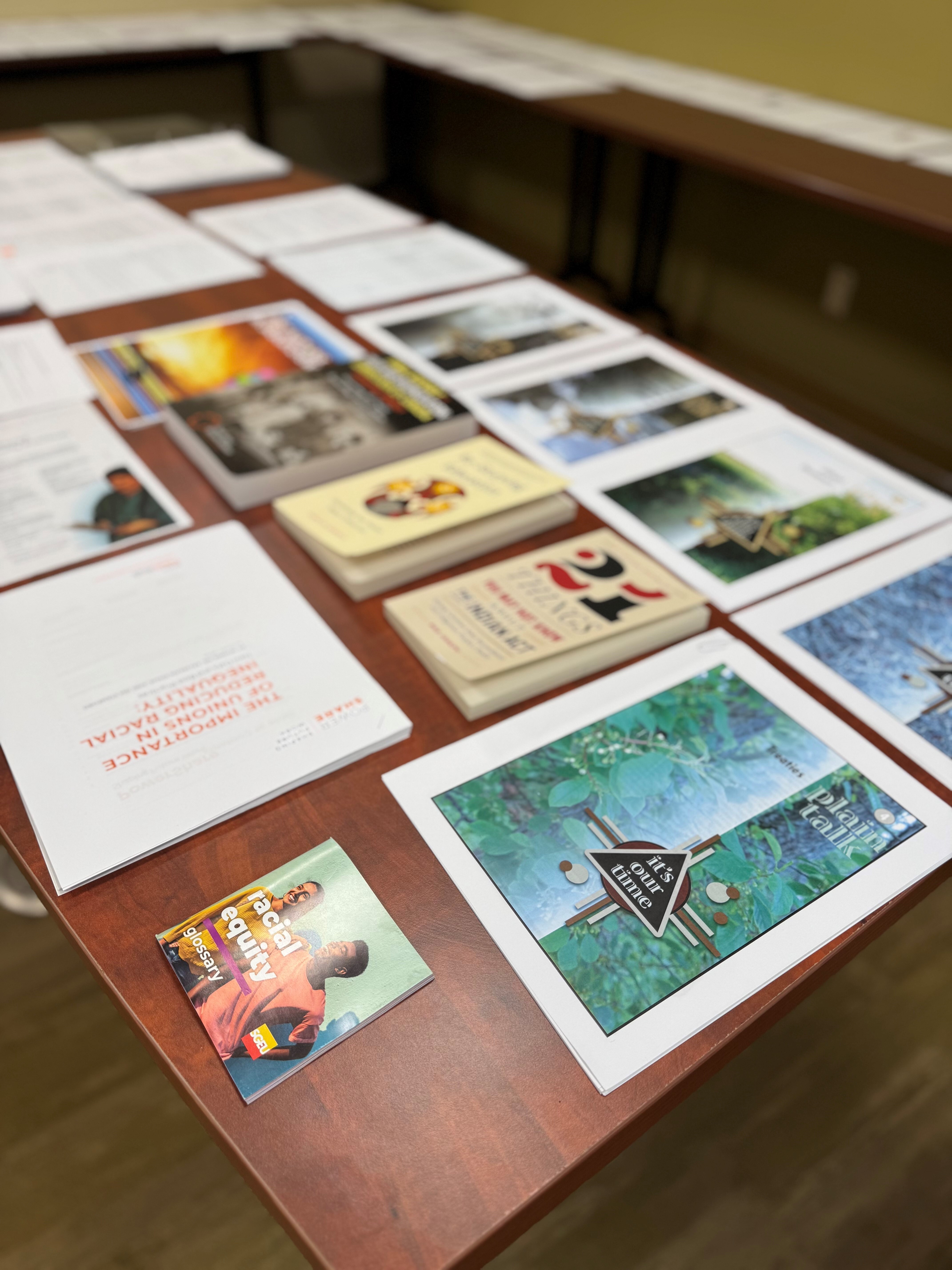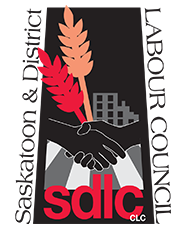A message from SGEU President Tracey Sauer:
On the National Day for Truth and Reconciliation, we pause to reflect on the painful legacy of residential schools and the harm that colonialism has caused to Indigenous peoples across the land. We recognize the truths shared by Survivors and honour their courage.
SGEU has been part of Saskatchewan for over 110 years. We recognize that, like many institutions of its time, our history may have not always reflected the values of diversity, equity and inclusion that we now champion.
We remain fiercely devoted to improving and evolving as a union.
Today, SGEU is a union as diverse and dynamic as the 20,000 members we represent. But our work is far from over. We remain fiercely devoted to improving and evolving as a union. Guided by the principles of truth and reconciliation, we are committed to listening, learning and taking meaningful steps to amplify Indigenous voices.
To this end, we have taken action on projects including the creation of an Indigenous Vice-President role on our union executive, ongoing support for the SGEU Indigenous Committee, the development of an updated Unionism on Turtle Island course, advocacy to see the Day for Truth and Reconciliation recognized as a statutory holiday, calls to address First Nations drinking water advisories, and attendance at Indigenous community events.
Today and every day, we encourage our members and staff to engage in education, reflection and action to ensure that these truths are never forgotten.
Tracey Sauer
SGEU President
A message from SGEU Indigenous Vice-President Hali Topinka:
On September 30, Canada observes the National Day for Truth and Reconciliation. This day is a time to honour Survivors of residential schools, their families, and communities, and to reflect on the ongoing work of reconciliation. At SGEU, we recognize the importance of this day not only as a moment of remembrance, but also as a call to action — to learn, to listen, and to continue building a better future together.
As SGEU’s Indigenous Vice President and a proud Métis woman, I want to take this moment to speak to the importance of Truth and Reconciliation and what it means for our members, our communities, and our province.
For me, this work is also deeply personal. I carry an ancestral connection to the Red River Métis settlement, and every day I continue to educate myself as I seek to reconnect with parts of my identity that were lost generations before me — including the lost language of Michif. This ongoing learning is part of my personal journey like so many Indigenous peoples are walking today.
Reconciliation is not simply a matter of the past — it is the work of today and tomorrow. We cannot ask people to “get over it.” The experiences of Indigenous peoples, including the trauma of residential schools, displacement, and systemic inequities, are not distant history. They are living truths carried in families, in communities and in the very fabric of this country. Acknowledging that reality is the first step in moving forward.
Education is key — we must ensure that all people in this province understand the truths of our shared history so that real change can take root.
Reconciliation requires us to commit to healing, hearing and understanding. It is about listening to the voices of Survivors and families and about creating space where Indigenous and non-Indigenous peoples can learn together. Education is key — we must ensure that all people in this province understand the truths of our shared history so that real change can take root.

Within our union, SGEU is committed to supporting this work. Education within SGEU will continue to be a priority, ensuring that our members and leaders have the tools and understanding they need to walk this path of reconciliation with respect and awareness. One important initiative is the revamp of Unionism on Turtle Island, LD 70, which will provide deeper learning opportunities about Indigenous history, culture and the responsibilities we all share in reconciliation.
I am also excited to share that SGEU is planning a Cultural Camp — an initiative that will give members the opportunity to engage in a hands-on learning experience. This camp will allow members to connect more deeply with Indigenous traditions, practices, and ways of knowing, creating a space for meaningful understanding and respect.
As a union, we have a responsibility to lead with compassion and awareness. By embracing the spirit of Truth and Reconciliation, we show our members, our communities and future generations that we are committed to building a more just, equitable and respectful society.
Let us walk this path together — not by leaving history behind, but by carrying its lessons forward in everything we do.
Hali Topinka
SGEU Indigenous Vice President





